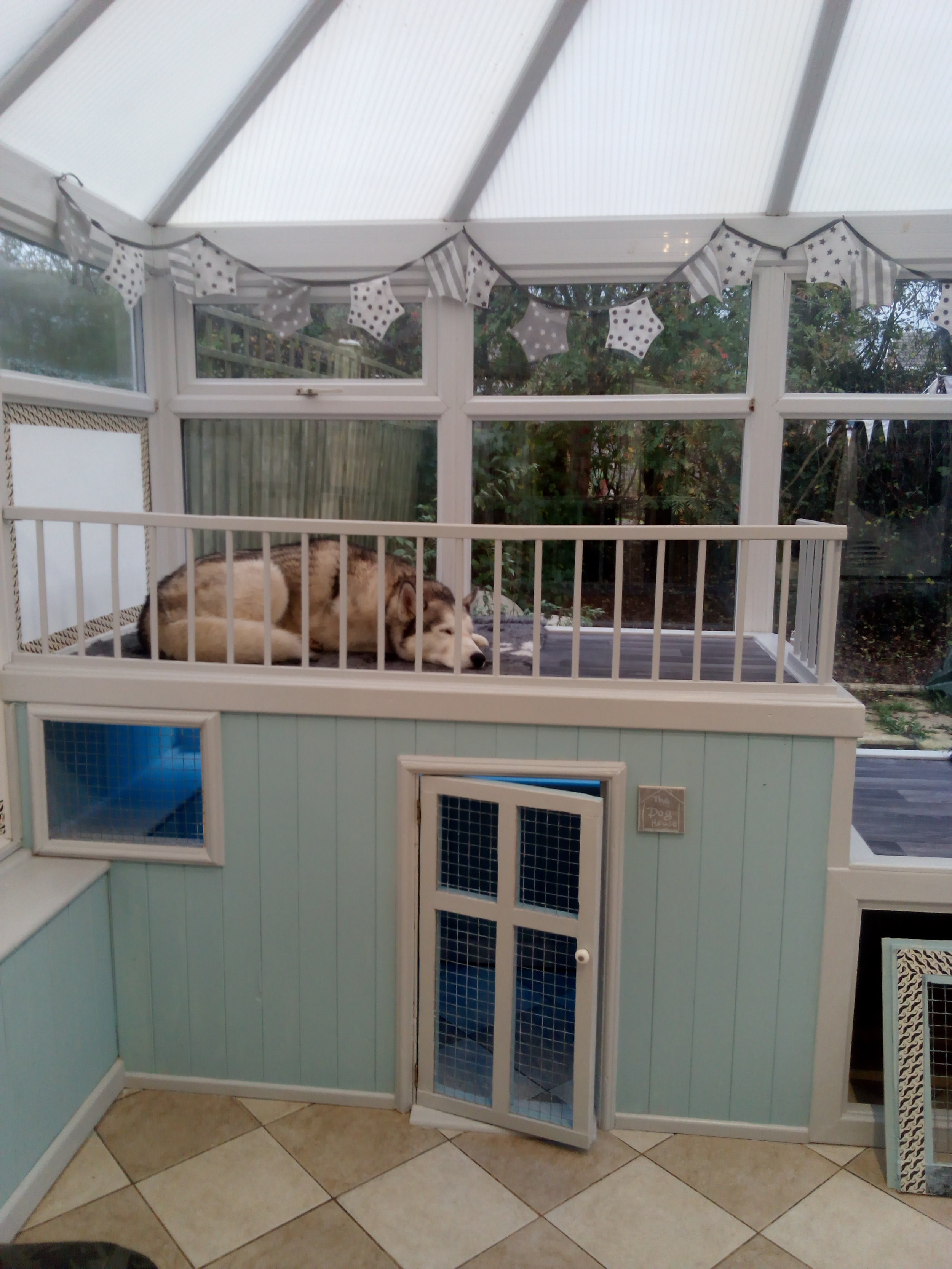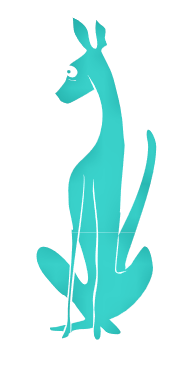
WHAT WE DO
We strive to assist dogs and owners in regaining balance through evaluating and advising on canine behaviour issues using a holistic and dog centred approach. For a bespoke plan of behaviour modification based on canine psychology and individual assessment look no further.
The Team
Julia is a Canine Behaviour Expert and Owner Trainer, and a member of the CFBA. Fully qualified, insured and vastly experienced with challenging canine behaviours and common issues. Julia tutors and assesses for accredited canine behaviour and nutrition courses via the British College of Canine Studies.
Julia and Husband Steve run a small rescue resource for dogs that are difficult to place into traditional rescue due to problematic behaviour.
Julia’s passion is rescue, and has been known to sneak in more than a few foster dogs… Romanian rescues are her secret favourite.
Steve is the other half of the team, he acts as helper-dog handler, is brilliant with inter-species issues (especially cats), and makes the consultation run smoothly in a variety of ways. From co-consulting, to facilitating the creation of safe scenarios in which to practice modification techniques, he is the ‘guy that can’. Whatever the specific issue Steve can assist through playing the role of visitor, door knocker, jogger, postman, dog walker, pram wheeler or other scenario! This is often integral to the assessment of triggers and the development of a plan of behaviour modification to overcome issues. Steve is essential in providing valuable hands on practise that is both safe and appropriate. Steve has a collection of alarming hats, walking sticks, high vis’ jackets, equipment for delivering training, and he can muzzle-fit from twenty paces!
The Balance Behaviour dogs that help with our work are varied and wonderful. Male, female, of various breeds and characters, each with their own specialist skills! Some are playful, others calm. Assertive or passive they are available to assist in both the assessment and rehabilitation process. Being well practiced in social skills, balanced and non aggressive they are an integral part of the team. They are a huge part of our approach - as the dogs act as role models and assistants - it would be impossible to address every issue without their presence. Dogs are our best teachers - they demonstrate natural social behaviour in a dog's own language that cannot always be replicated by us. They can also interpret the scent and meaning of a behaviour very quickly so that we can watch them to better recognise what’s going on in the target dog’s mind.
Our Ethos
Our ethos is one of holistic intervention. We always look at the dog as a whole - body, mind and spirit - we try to fulfil the physical and psychological needs of the dog first and foremost, and provide the owner with the understanding and knowledge required to eliminate unwanted behaviour by addressing the root problem as well as the surface symptom.
Many of the behaviours that we find unacceptable are triggered and/or maintained by a myriad of factors, so a whole lifestyle view is paramount. We endeavour to empower owners to take charge of their dog's behaviour, and we not only teach how to remove unwanted behaviours, but how to prevent future issues from arising. Our goal is to create harmonious living, and a deeper bond between people and their canine companions.
“In order to really enjoy a dog, one doesn’t merely try to train him to be semi human. The point of it is to open ones self to the possibility of becoming partly a dog.”
Approach
We do not have a 'blueprint' approach towards behaviour modification, every single case is unique and we always try to treat them as such, any less would be a disservice. We are kind, compassionate and effective, and we understand dominance-submission dynamic very well having fostered hundreds of behaviourally challenged dogs. We also appreciate that this topic is horribly misunderstood by most professionals. We are neither bound to the archaic and trust destroying methods employed in the past, or the sometimes ineffectual 'reward only' advocates of the moment. Instead, we stand with a foot in both camps to take a balanced view that adheres to neither extreme, and is purely based upon the individual dog right in front of us. We use and teach both operant and respondent techniques along with applying a fundamental understanding of dog psychology and behaviour in order to best serve the dog in regaining a balanced and happy life, and to remove any unwanted or unhealthy behaviour. We choose approaches based on the needs of the dog, and the ability of the family, and we educate as far as possible to prevent future issues arising.
“Julia and Steve took a personal interest in my dogs and asked after them after the plan was finished. My two absolutely love them, sometimes I think more than they love me!”
Often we find that the owner will have to make as many adjustments as the dog, so be prepared! Often the dog moves on and accepts balance much faster than his or her human counterpart! A programme of rehabilitation can be hard work, but we will support you throughout. The results are satisfying and positive for everyone and will leave you and your family feeling more connected with your dog.



